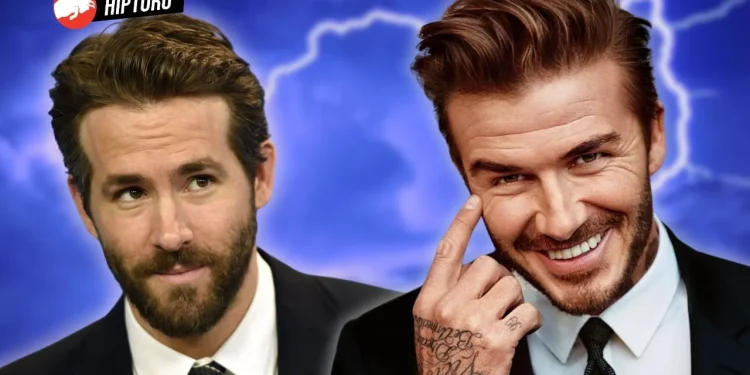The allure of owning a sports team has captivated not just business moguls but also celebrities from various fields. By investing in sports franchises, celebrities not only broaden their financial portfolios but also enhance their brand visibility in some of the most passionate and loyal consumer markets in the world.
This merging of entertainment and sports creates a unique cultural synergy that benefits both the teams and their high-profile owners. In this article, we explore the top 10 celebrity-owned sports teams, delving into the reasons behind these investments, the impact on the teams, and the results of these collaborations.
Celebrity ownership in sports spans from minority stakes to significant, controlling shares, with each celebrity bringing their personal brand and audience to the sports arena. These ventures are often viewed through the lens of business acumen, but they also reflect a personal passion for the games, the teams, and the communities they serve. The following list provides a snapshot of such celebrity engagements, showcasing a variety of sports and illustrating the global nature of celebrity involvement in sports franchises.
Here are the Top 10 Celebrities who own a Sports Team:
1. Ryan Reynolds and Rob McElhenney – Wrexham A.F.C.
Ryan Reynolds and Rob McElhenney’s acquisition of Wrexham A.F.C. in 2020 turned heads worldwide. Their decision to purchase a team from the fifth tier of English football was driven by a shared vision to restore the club’s former glory and boost its community impact. Both actors saw the potential for a significant cultural shift within the club and the local community.
Reynolds and McElhenney’s approach has been comprehensive, focusing on both on-field and off-field improvements. They have invested in upgrading the club’s facilities, including plans for a new stand at the Racecourse Ground to increase capacity and enhance matchday experiences. They’ve also improved training grounds and invested in youth development, crucial for long-term success.
Their marketing strategy has been transformative, leveraging their entertainment industry connections to boost the club’s profile. The release of a documentary series, “Welcome to Wrexham,” has introduced the club to a global audience, increasing its appeal and commercial prospects.
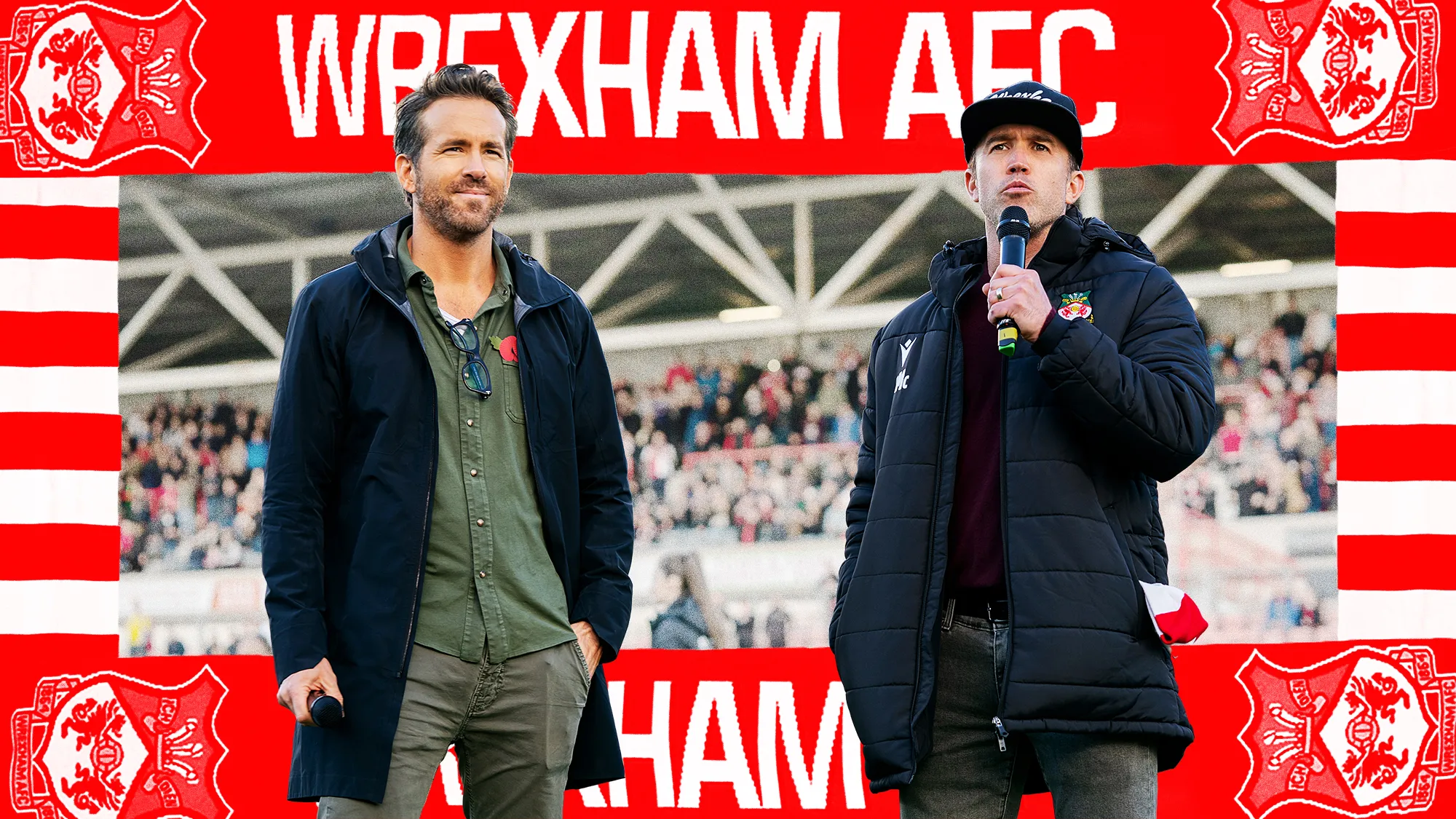
The celebrity duo’s involvement has seen a surge in the club’s merchandise sales worldwide. Their influence has also attracted new sponsorships and partnerships, providing financial stability and new revenue streams. On the pitch, the team’s performance has shown improvement, with a renewed focus on climbing the football league system. Their ownership has injected a sense of excitement and optimism, significantly boosting fan engagement and community involvement.
Beyond infrastructure and marketing, Reynolds and McElhenney have also focused on leveraging advanced sports science to enhance player performance and reduce injuries. They have implemented data analytics systems to optimize team strategies and player recruitment, a significant step forward for a club at this level.
Their influence extends into the community with initiatives aimed at supporting local businesses and educational programs, ensuring the club’s success also translates into prosperity for the surrounding area. This holistic approach has helped solidify their reputations not just as owners, but as integral members of the community.
2. LeBron James – Liverpool F.C.
LeBron James’ investment in Liverpool F.C. in 2011 marked one of the most high-profile entries of an American athlete into international sports. His minority stake acquisition via Fenway Sports Group (FSG) was part of a broader strategy to diversify his investment portfolio and align with a global sporting brand.
James has leveraged his massive influence to boost Liverpool’s brand, particularly in the United States. He’s involved in marketing initiatives that connect his brand with Liverpool, integrating sports performance and lifestyle. His partnership has helped introduce new merchandise collaborations, expanding the club’s reach.
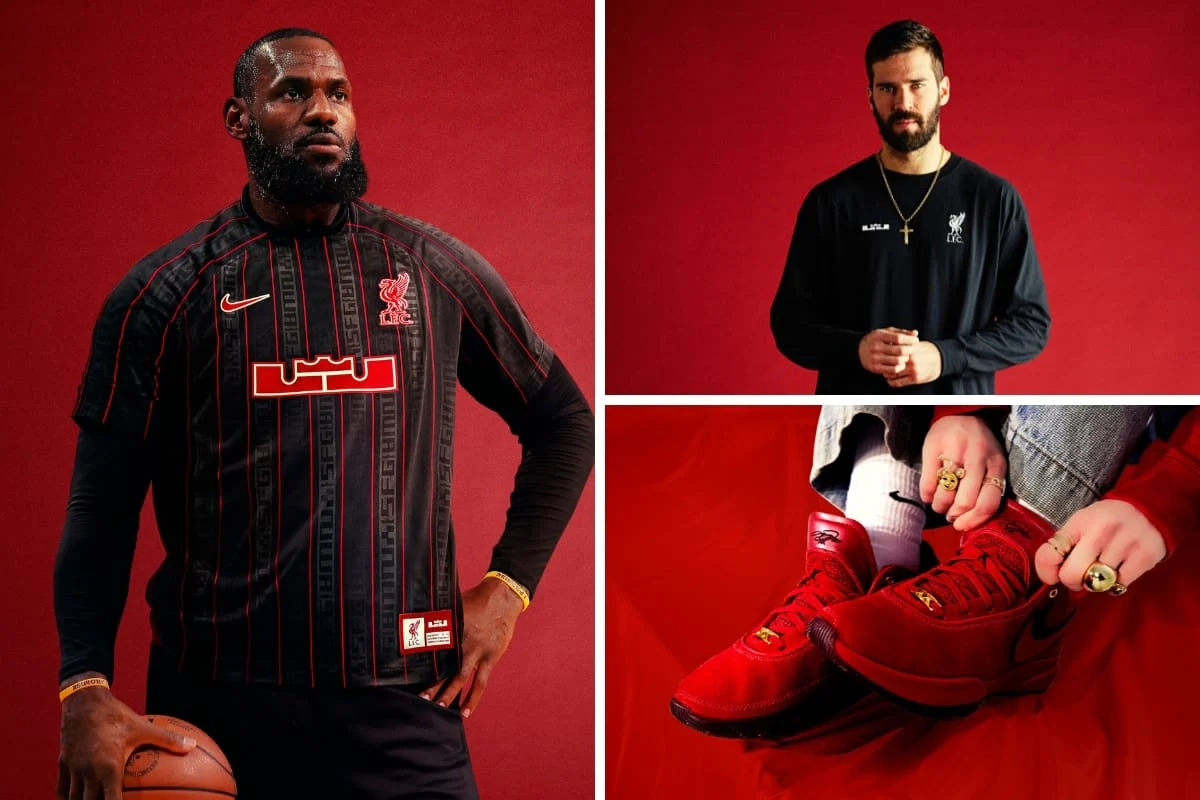
Liverpool has enjoyed significant success since James’s involvement, winning the Premier League and the Champions League. His association has helped elevate the club’s profile globally, particularly in markets where soccer is growing. The commercial benefits have been substantial, with increased sales of club merchandise and expanded global tours.
James has also engaged in cross-continental youth sports initiatives that benefit from his association with Liverpool. These programs aim to identify and nurture young soccer talent in the U.S., offering scholarships and training opportunities with Liverpool’s youth academy.
The LeBron James Family Foundation has initiated collaborations with Liverpool to provide educational resources and programs, which have been crucial in fostering community relations and enhancing the social responsibility profile of the club.
3. Will Ferrell – Los Angeles FC
Will Ferrell became part of the ownership group of Los Angeles FC to help launch the new MLS club in 2014. His involvement was part of a strategy to embed the team within the cultural fabric of Los Angeles, utilizing his celebrity status to draw attention and build a fanbase.
Ferrell has been very active in promoting the club through various media appearances and public events. His presence at games, often leading fan chants and celebrations, has helped cultivate a festive and inclusive atmosphere around the club, essential for building a loyal fan base.
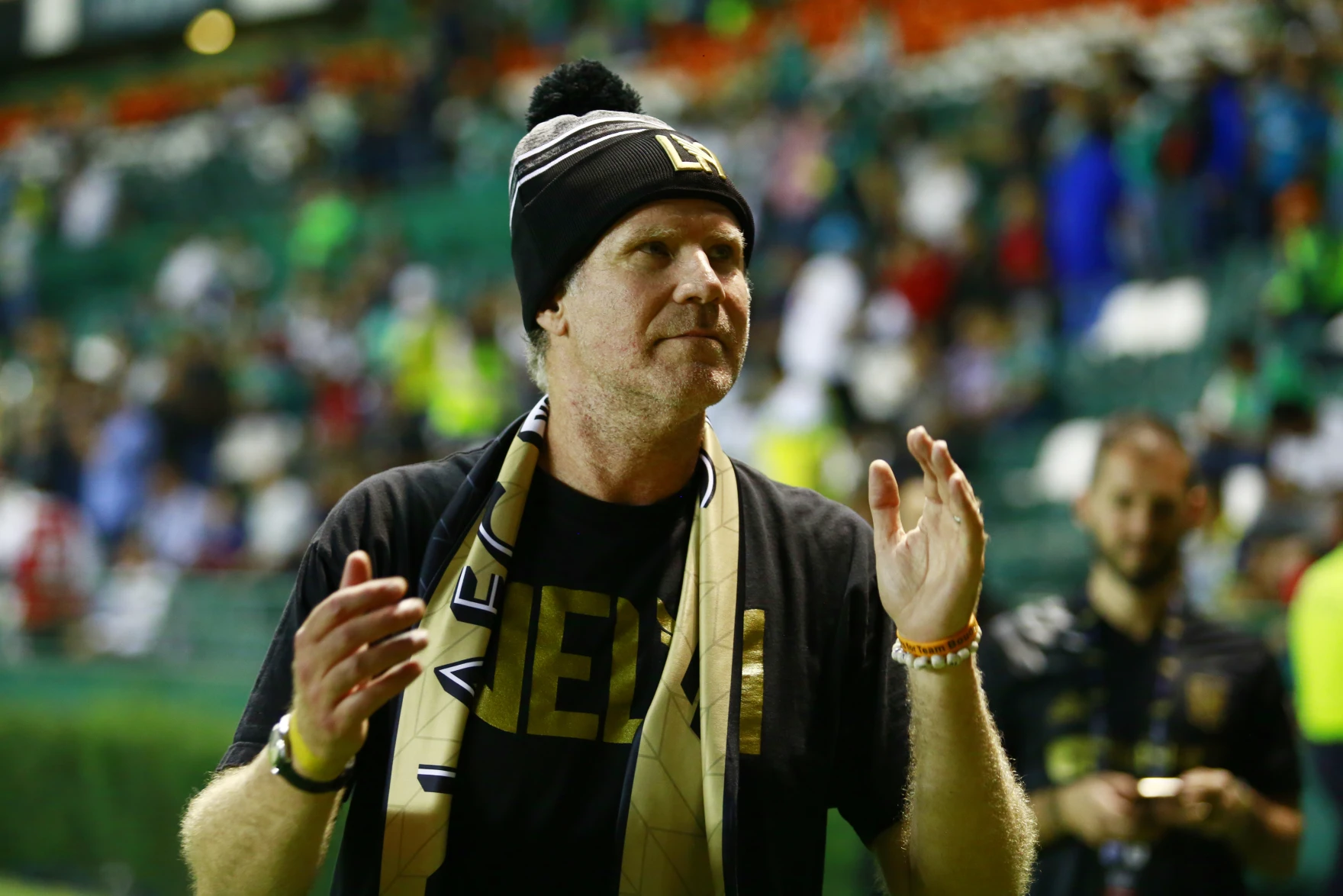
LAFC has quickly established itself as one of the most successful new teams in MLS, both on and off the field. The club won the Supporters’ Shield in their second season and continues to be competitive in the league. Ferrell’s influence has been pivotal in making LAFC a household name in a crowded Los Angeles sports market.
Ferrell has been involved in developing LAFC’s environmental sustainability efforts, including advocating for and implementing green practices in the club’s operations. This includes initiatives like stadium recycling programs and the use of sustainable materials in merchandise.
The team’s cultural influence has grown under Ferrell’s guidance, with the club often hosting community events and cultural celebrations that reflect the diverse fabric of Los Angeles. This has helped build a club identity that resonates deeply with the city’s residents.
4. Magic Johnson – Los Angeles Dodgers
Magic Johnson’s group acquired the Los Angeles Dodgers in 2012 during a period when the club needed not just financial investment but also a restoration of trust and morale. Johnson’s sports insight and business expertise were vital for revitalizing the Dodgers’ fortunes.
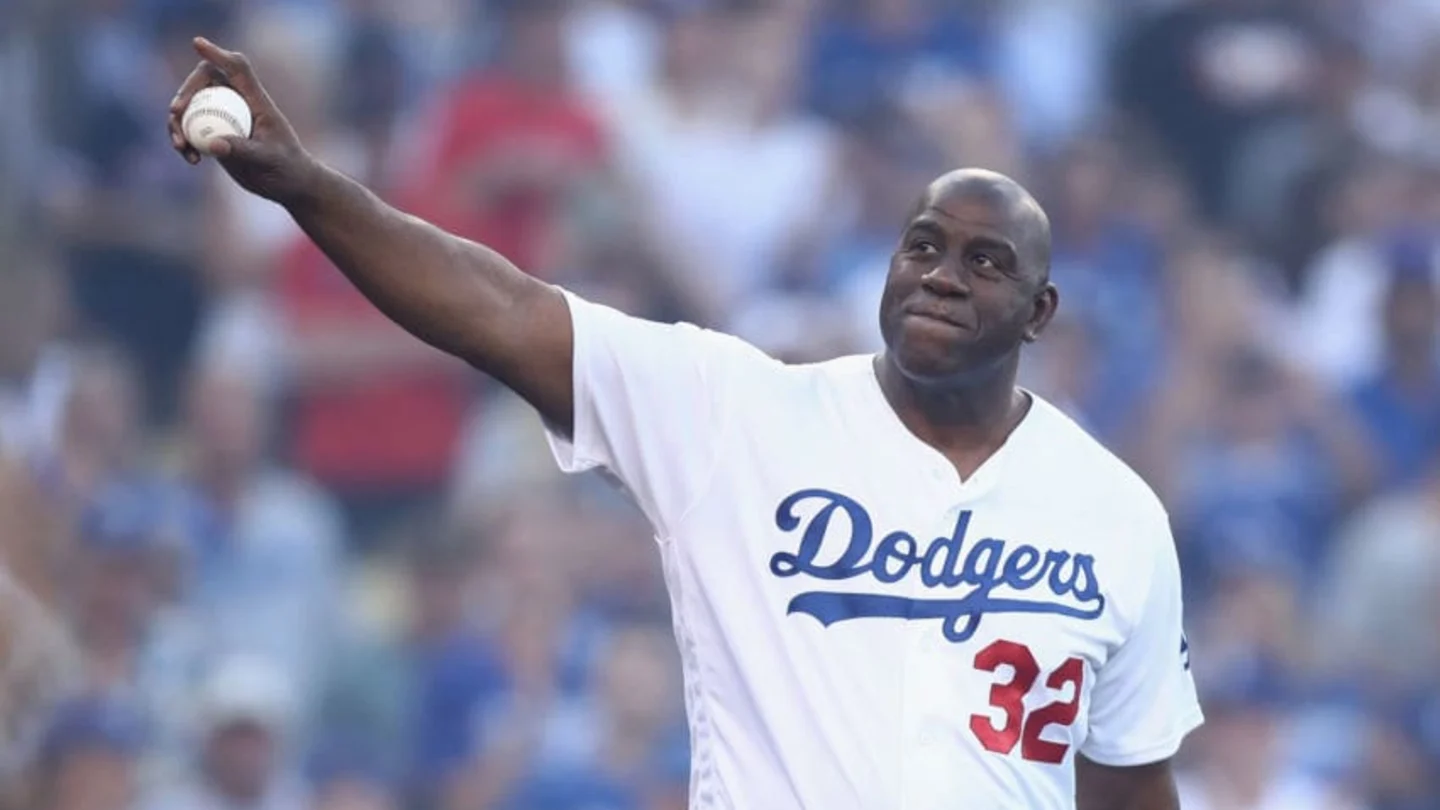
Johnson has been involved in broadening the Dodgers’ community engagement initiatives, enhancing the fan experience both at the stadium and through media broadcasts. His focus on community outreach has included several health and education programs in Los Angeles, leveraging the team’s platform to make a positive impact.
Under Johnson’s influence, the Dodgers have seen a resurgence in their performance, consistently making playoff appearances and winning the World Series in 2020. The team has also seen growth in its financial performance, with increased ticket sales and sponsorship deals.
Johnson has played a crucial role in expanding the Dodgers’ technological innovations, including the use of virtual reality for player training and fan engagement. These technological initiatives have placed the Dodgers at the forefront of digital innovation in MLB.
Magic’s influence has been pivotal in strengthening the Dodgers Foundation, which focuses on education, healthcare, and social justice. This work has greatly enhanced the team’s community relations and standing within Los Angeles.
5. Elton John – Watford F.C.
Elton John first became chairman and owner of Watford F.C. in 1976, driven by his lifelong passion for the club. His involvement was characterized by a hands-on approach, directly influencing both management decisions and the strategic direction of the club.
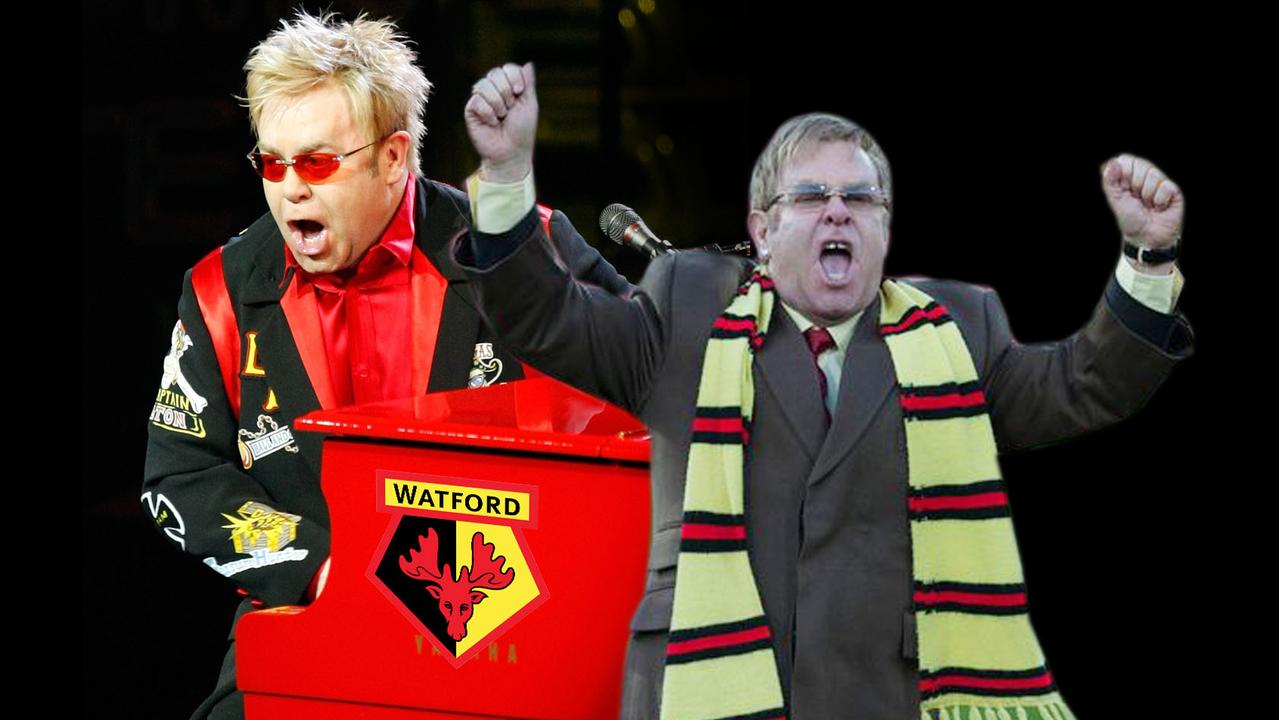
During his tenure, John was instrumental in hiring Graham Taylor as manager, a move that led to one of the most successful eras in the club’s history. He facilitated significant investment in both the squad and club facilities, which included expanding the stadium and improving the training grounds.
Under John’s stewardship, Watford rose from the Fourth Division to the First Division in just five years, reaching the FA Cup final in 1984 and competing in European competitions. His involvement redefined the club’s identity, establishing it as a competitive force in English football.
Elton John’s second tenure saw a renewed focus on sustainability and community engagement, including support for local non-profits and youth clubs. He has also been influential in promoting gender equality within the club, supporting the development of Watford’s women’s team.
John’s global tours often promote Watford F.C., which has helped grow the club’s international fanbase. His enduring legacy at the club includes not just past successes but a continued presence that enhances Watford’s reputation worldwide.
6. David Beckham – Inter Miami CF
David Beckham’s journey to becoming an owner of Inter Miami CF began with his retirement plan while he was still playing in MLS. His contract included an option to purchase an expansion team at a discounted rate, a unique clause that reflected MLS’s confidence in his ability to promote the league.
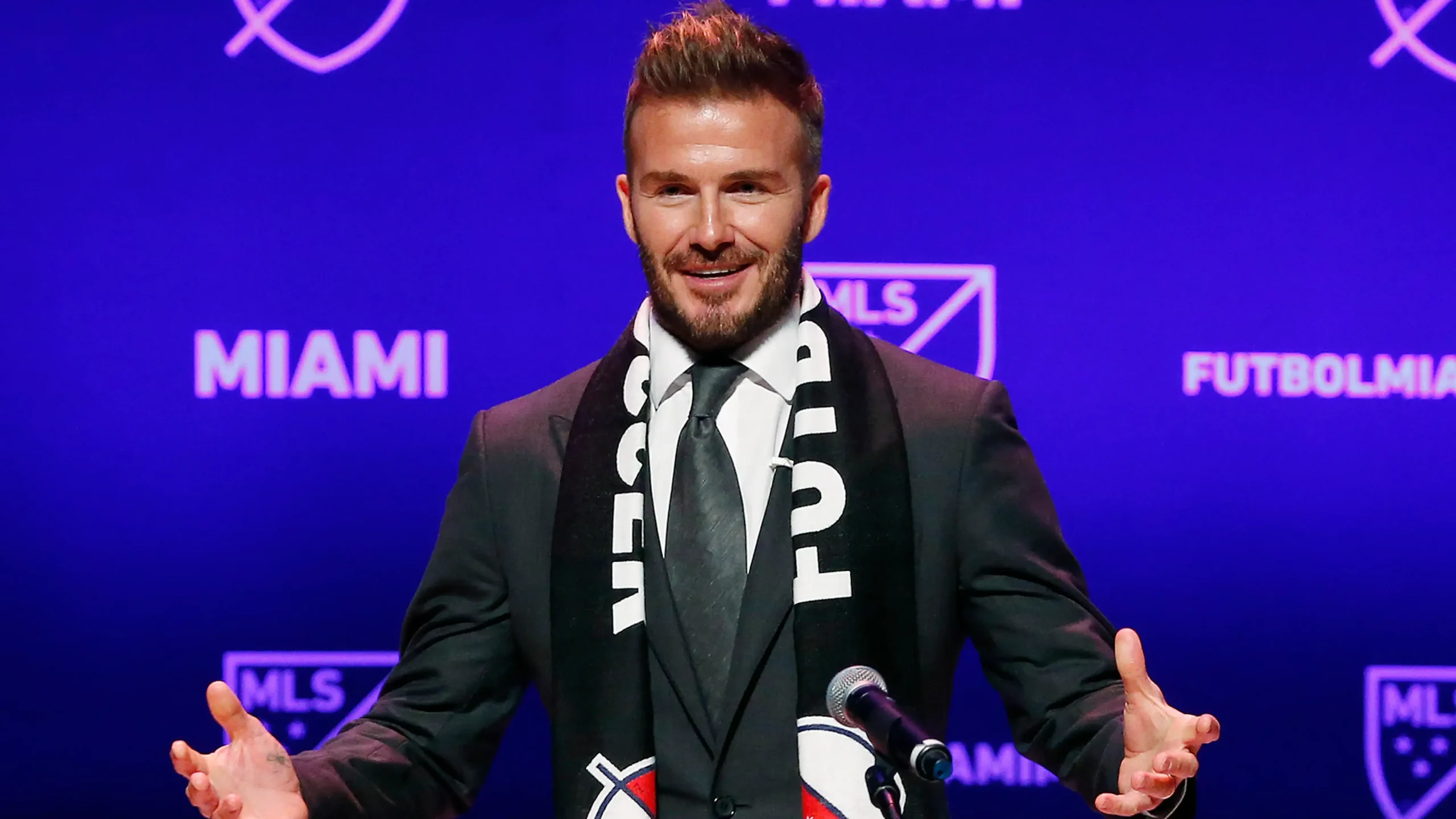
Beckham has been actively involved in every aspect of the club, from player recruitment to the design of the team crest and colors, and even the planning of the new stadium. He’s used his global soccer network to attract high-profile players and management staff, aiming to make Inter Miami a hub for top talent.
Though still in the early stages of its development, Inter Miami has captured the imagination of soccer fans in the U.S. and beyond. The team has made headlines for its ambitious signings and Beckham’s vision for a state-of-the-art stadium complex that includes retail spaces, training facilities, and an entertainment venue, promising significant economic impact for the local community.
Beckham has initiated partnerships with technology firms to enhance fan experiences through apps and interactive platforms, allowing fans to engage with the team innovatively. He is also a proponent of eSports, developing a team that competes under the Inter Miami brand.
Beckham’s involvement in community work through the club has included supporting soccer programs in underserved areas and providing both funding and equipment to help develop future talents.
7. Serena Williams – Miami Dolphins
Serena Williams, along with her sister Venus, joined the Miami Dolphins’ ownership group in 2009. Their involvement marked a historic moment as they became the first African American women to hold an ownership stake in an NFL franchise. This move was part of a broader trend of celebrities entering sports ownership to bring new perspectives and innovations.
Serena has used her platform to advocate for greater diversity and inclusion within the NFL, both in terms of gender and race. She has been involved in community outreach programs, particularly those aimed at empowering young women through sports. Her influence has been instrumental in initiating health and wellness programs for the team, drawing on her extensive experience in professional sports.
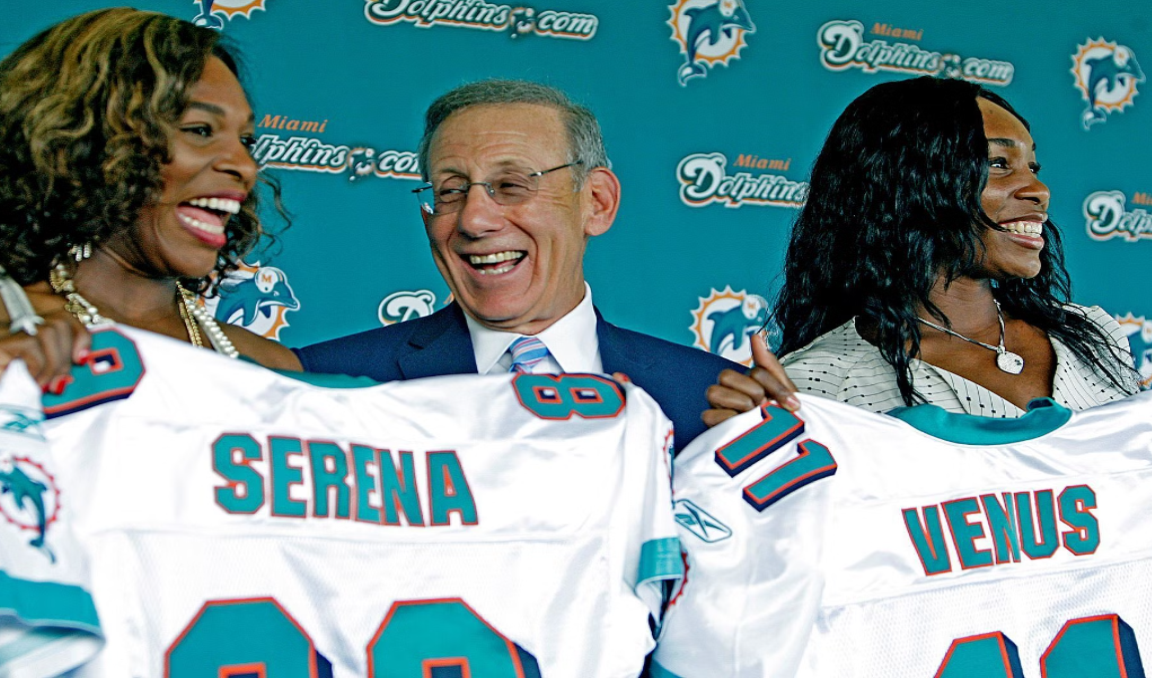
The Dolphins have benefited from the Williams sisters’ involvement, seeing an increase in their profile and support from broader demographics, including more women and young fans. The team has leveraged Serena’s celebrity to enhance its community image, hosting tennis events and community sports clinics, which have helped to strengthen fan engagement and loyalty.
Serena has also been active in promoting health and fitness initiatives through the Dolphins, including community fitness programs that align with her interests in nutrition and physical well-being. She has advocated for better player health and safety measures within the NFL.
The Williams sisters’ presence has broadened the team’s appeal to women, with increased initiatives aimed at involving more women in various roles within the franchise, from the executive to the athletic.
8. Justin Timberlake – Memphis Grizzlies
Justin Timberlake’s purchase of a minority stake in the Memphis Grizzlies in 2012 was motivated by his desire to contribute to the cultural and economic development of his hometown of Memphis, Tennessee. His involvement has brought a unique blend of entertainment and sports, aiming to elevate the team’s profile and connect it more deeply with the community.
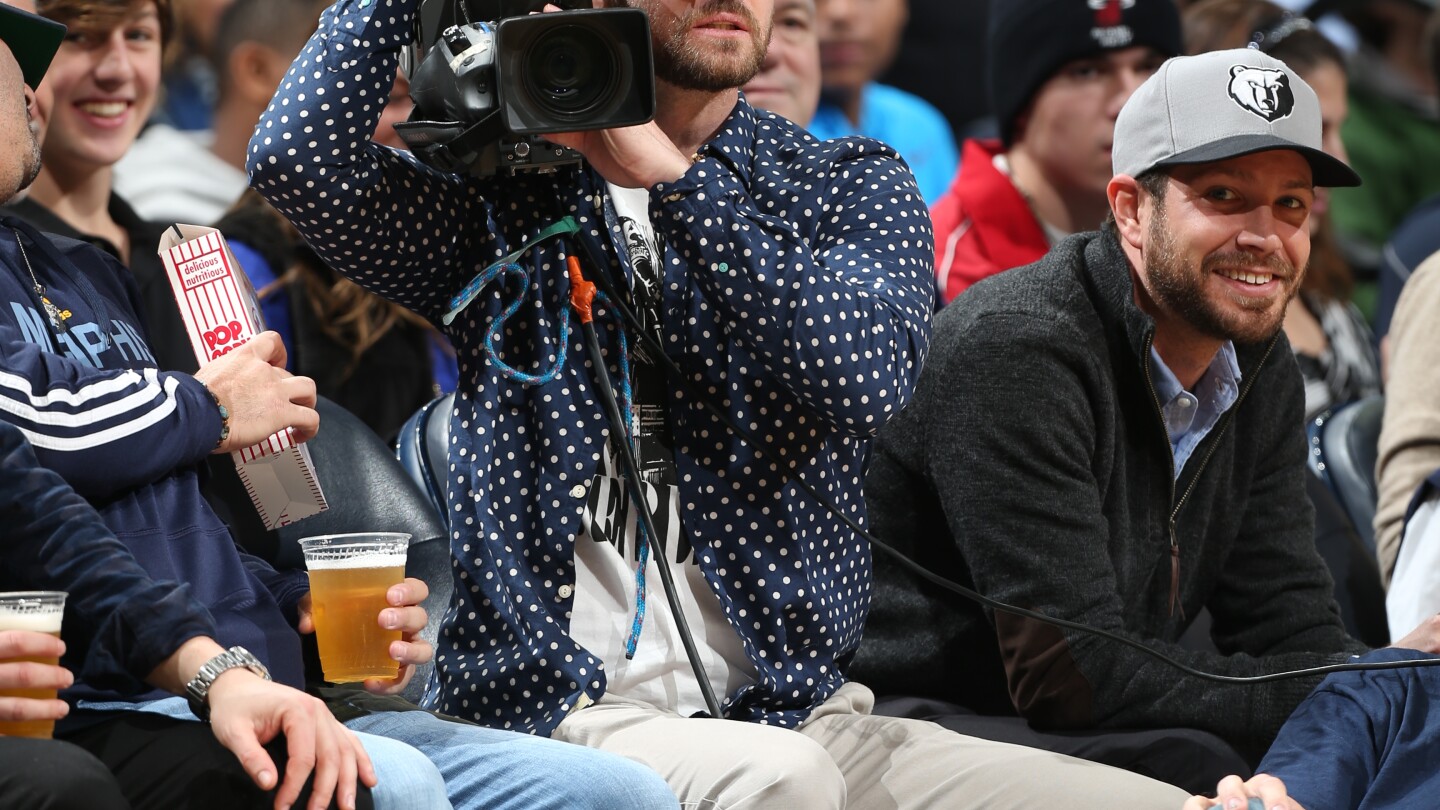
Timberlake has been pivotal in redesigning the Grizzlies’ entertainment offerings, incorporating live music and performances into game days, which has helped attract a younger audience. His influence is seen in the team’s marketing campaigns, which often blend music, fashion, and basketball, reflecting his personal brand and artistic sensibilities.
The Grizzlies have enjoyed a surge in popularity, with an increase in season ticket sales and a more vibrant fan base. Timberlake’s involvement has not only made the games more entertaining but has also helped the team forge a stronger identity, aligning with Memphis’s rich musical heritage. His presence at games and events continues to draw media attention and fan interest, boosting the team’s commercial prospects.
Timberlake has facilitated collaborations between his music label and the Grizzlies, creating unique entertainment experiences that integrate concerts with game nights. This synergy has helped redefine entertainment in sports venues.
His investment in youth arts programs in Memphis, linked with the Grizzlies, has helped strengthen the community’s support for the team, promoting a holistic approach to youth development that combines sports, music, and arts.
9. Shah Rukh Khan – Kolkata Knight Riders
Shah Rukh Khan, often referred to as the “King of Bollywood,” co-owns Kolkata Knight Riders (KKR), a franchise in the Indian Premier League (IPL). His acquisition of the team in 2008 was driven by a vision to marry the glamour of Bollywood with the fervor of cricket, India’s most beloved sport. His involvement aimed to transform KKR into not just a cricket team but a global entertainment phenomenon.
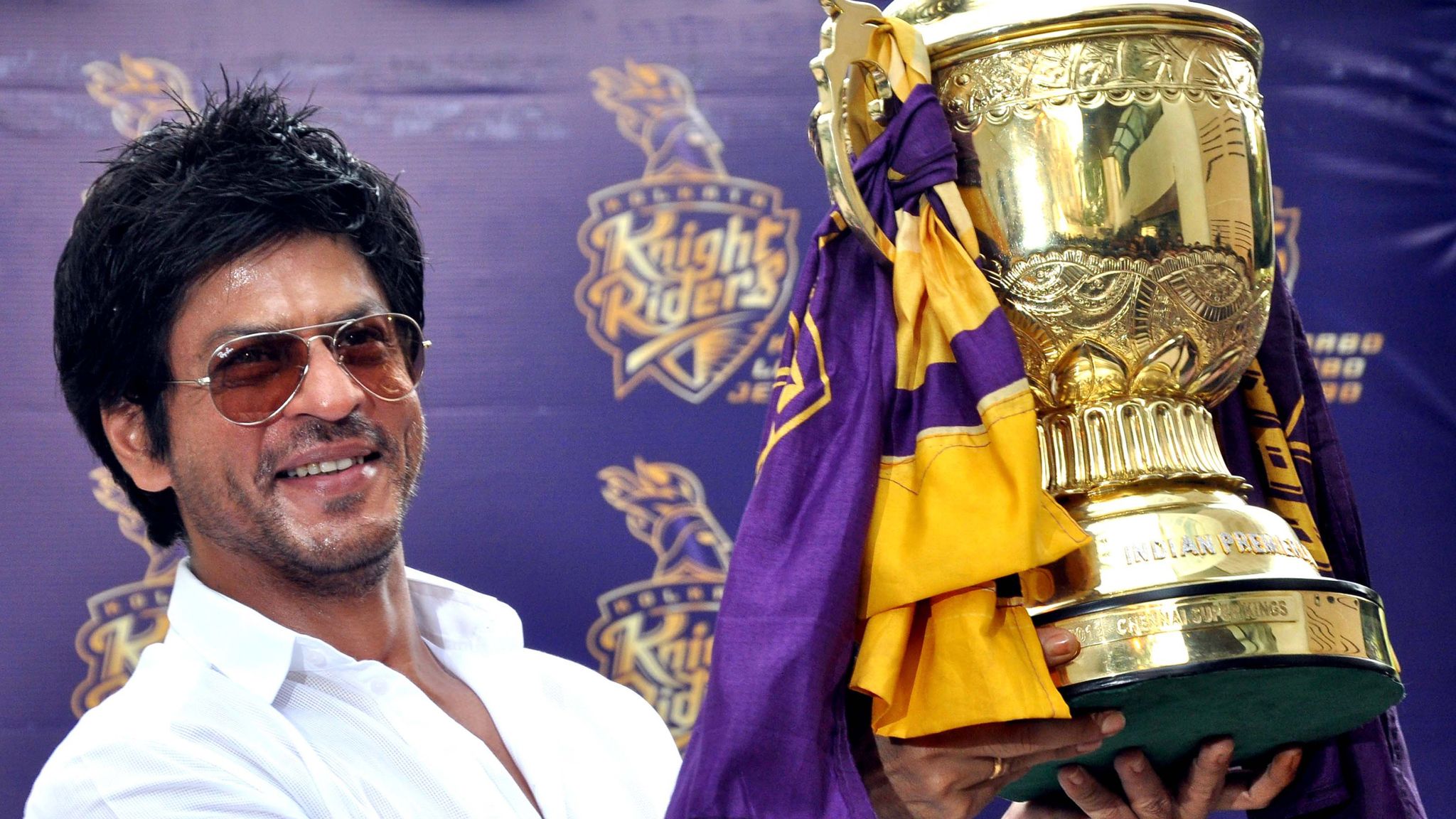
Khan has brought his showmanship to the team’s management, often visible in the extravagant opening ceremonies and the use of celebrity performances to draw crowds. His marketing genius has turned KKR into one of the most financially successful franchises in the IPL. He has been instrumental in securing major sponsorships and partnerships, leveraging his vast network in the entertainment industry.
KKR has won multiple IPL titles under his stewardship, benefiting from professional management and strategic player acquisitions that Khan has supported. The team’s success on the field has been mirrored by its popularity it, with merchandise sales and ticket revenues seeing substantial growth. Khan’s active involvement and charismatic leadership have made KKR a beloved team with a massive fan base.
Khan has been instrumental in KKR’s digital transformation, focusing on streaming platforms and digital content to engage fans worldwide. He has also explored innovative advertising and promotional strategies that utilize both traditional media and new digital platforms.
KKR’s charitable initiatives, often spearheaded by Khan, focus on education and health in West Bengal. His visibility has helped raise significant funds and awareness for these causes, enhancing the team’s social impact.
10. Drew Carey – Seattle Sounders FC
Drew Carey’s investment in Seattle Sounders FC reflects his passion for soccer and his commitment to enhancing the fan experience. His ownership philosophy is centered around community involvement and democratizing team management, which has set new standards in sports fan engagement in the United States.
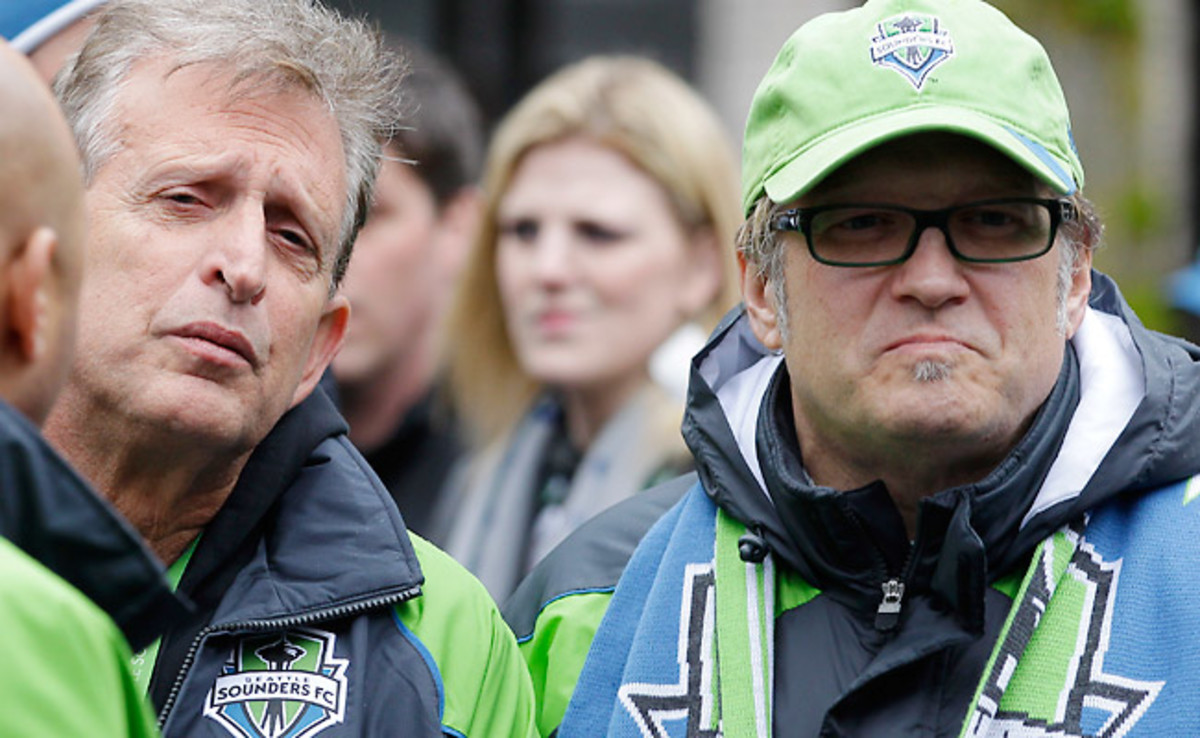
Carey introduced the concept of a fan council that allows season ticket holders to vote on club matters, including the retention of the general manager. This innovative approach has empowered fans, giving them a direct voice in the team’s operations and fostering a deeper connection with the club. He has also championed the use of technology to improve fan interactions, such as through the use of apps and social media for real-time engagement.
Under Carey’s guidance, Seattle Sounders FC has become one of the most successful MLS teams, known for its strong community ties and loyal fan base. The team has consistently performed well on the field, with multiple playoff appearances and championships. Carey’s focus on fan engagement has set a precedent for other sports teams, highlighting the importance of making fans feel like integral parts of the team. His efforts have led to high game attendance rates and a vibrant match-day atmosphere that is widely regarded as one of the best in American soccer.
Carey has championed the inclusion of advanced analytics and biometric data in managing player fitness and tactics, placing the Sounders at the cutting edge of sports science in MLS.
His commitment to transparency and fan involvement has led to the Sounders being recognized as one of the most democratically run sports organizations in the world, influencing other clubs globally to consider similar models.
Conclusion: The Transformative Impact of Celebrity Ownership in Sports
The involvement of celebrities in the ownership of sports teams has proven to be much more than a vanity project. Figures like Ryan Reynolds, LeBron James, and David Beckham have not only brought their financial prowess but also a deep-seated passion and a unique vision to the sports entities they’ve chosen to invest in. This commitment has transcended the traditional boundaries of sports management, integrating innovations from entertainment, technology, and community engagement into the fabric of the sports world.
Each celebrity has leveraged their unique strengths and public persona to enhance the brand identity of their teams. Whether it’s through strategic marketing initiatives, community outreach, or technological advancements, their contributions have significantly boosted the teams’ profiles and solidified their financial foundations. Moreover, these celebrities have introduced new management practices and fan engagement models that have set new standards within the sports industry.
Cultural and Community Impact
The cultural impact of celebrity involvement is palpable, with teams like LAFC under Will Ferrell and Inter Miami under David Beckham becoming cultural landmarks that represent much more than just sports teams. They embody local pride, community spirit, and a collective identity that resonates with fans on a personal level. Furthermore, the philanthropic activities and community programs initiated by these celebrity owners have contributed to positive social impacts, enriching the lives of people in the communities these teams call home.
Innovation and Global Reach
Innovation is another hallmark of celebrity-owned teams. From Drew Carey’s democratic fan engagement model with Seattle Sounders to Shah Rukh Khan’s digital initiatives with Kolkata Knight Riders, these celebrities have been at the forefront of incorporating cutting-edge technologies and pioneering new fan experiences. Additionally, the global reach of these celebrities has helped their teams attract international fans, opening up new markets and opportunities for cross-promotion with other entertainment sectors.
Economic Boost and Long-term Sustainability
Economically, celebrity ownership has often led to increased investment in team facilities, higher ticket sales, and expanded sponsorship deals, which collectively enhance the financial stability and long-term sustainability of the teams. The presence of high-profile owners has made the teams more attractive to potential sponsors and has often resulted in lucrative merchandising deals.
Final Reflections
The transformative effects of celebrity ownership in sports are undeniable. These owners have not just changed the way teams operate; they have redefined what it means to be a sports team in the modern era. By blending passion with innovation, and celebrity appeal with business acumen, they have created a new paradigm in sports team ownership that is as much about community and culture as it is about competition and commerce.


